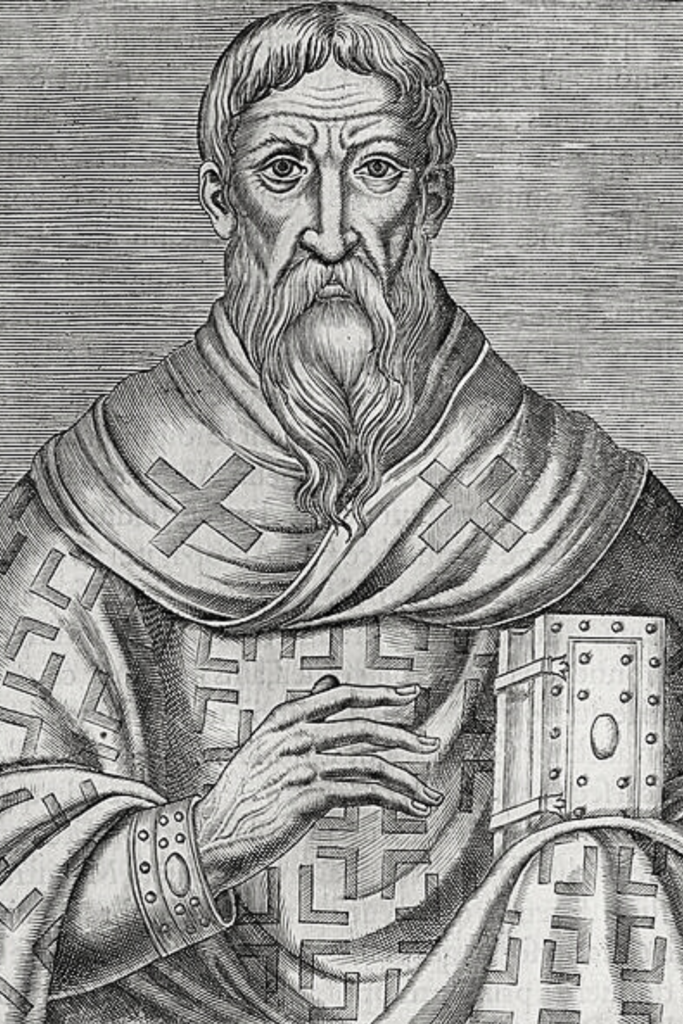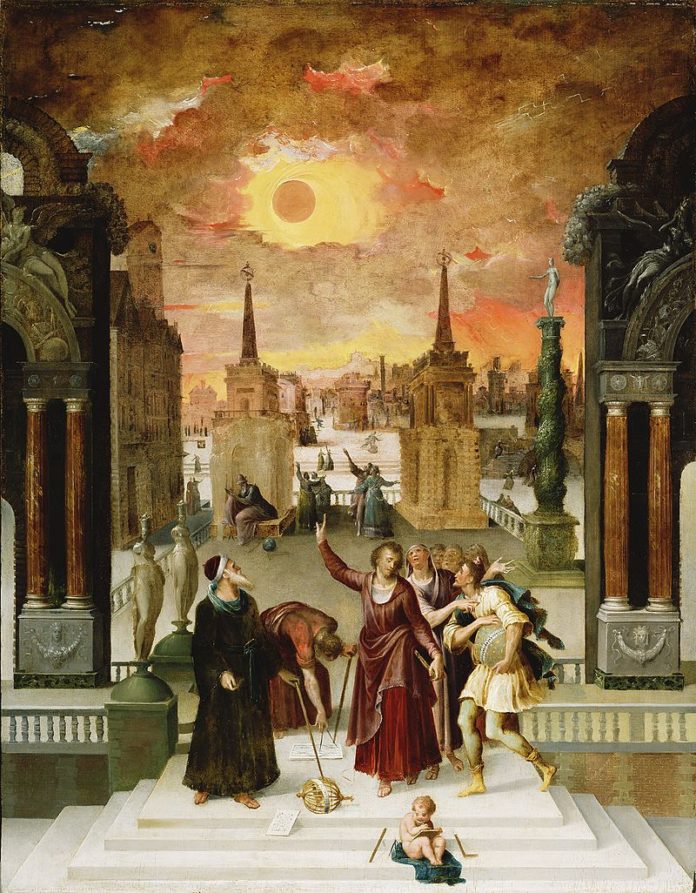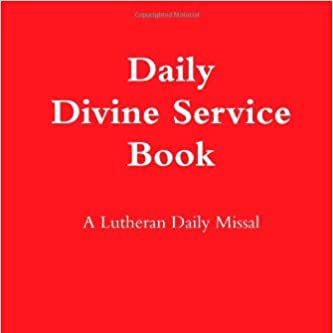The Athenian Convert

St. Dionysius the Areopagite is probably a saint you have not heard much about before, yet his narrative stretches back to the days of Christ and the first century AD. His writings and first-hand experiences with Jesus’s family members and friends give a wonderful confession and testament to our Lord’s work and his time here on earth.
Dionysius grew up in a wealthy family from Athens—his education was rich and broad, and he traveled to many places before his conversion to Christianity. He was also a prominent leader within the Athenian world, working as a prestigious lawyer and judge, all while married with a wife and several children.
Amazingly, Dionyisus’s path to Christianity is interwoven with Good Friday. According to Christian tradition, Dionysius was in the Egyptian town of Heliopolis when he noticed the sun disappear on that day, writing down the exact hour this took place and taking note of it in his writings. He was so aware of this disappearance that he is said to have uttered the words “God suffers, or everything is lost.” However, Dionysius didn’t know what the significance of that day was.
It was only years later when he heard Paul preaching on Athens’s Areopagus Hill, next to the Acropolis and close to his workplace, that it all came together. St. Paul explained that on the day Jesus died “darkness came over the land,” and Dionysius remembered the phenomenon he recorded in Egypt. As Scripture tells us, he believed (Acts 17:16-34). Led to conversion, Dionysius became so passionate about the Gospel that he abandoned his family and judicial career. Along with two of his friends, he began to preach about Christianity in public, converting many in Athens.
When he learned that Mary, the mother of Jesus, was still living in Jerusalem, he decided to travel there. He is said to have talked to her extensively and was there when she passed away. Years later, he wrote books about his time with her, and St. Paul named him the first bishop of Athens. He then witnessed St. Paul’s martyrdom in Rome, finally reaching martyrdom himself when he was beheaded during the reign of Emperor Domitian in 96 AD.
A Brief History
Known throughout history as a prolific writer, St. Dionysius has four books attributed to him that have survived to this day: On the Celestial Hierarchy, On the Ecclesiastical Hierarchy, On the Names of God, and On Mystical Theology, as well as ten letters he wrote to various people, including St. Paul. Later scholars have debated whether the writings attributed to him are authentic, but even if they were written by a later “Pseudo-Dionysius,” the fact that the author thought it worthwhile to attribute the writings to him shows the significance he was seen to have in the early Church.
Dionysius has been commemorated in the Church during the month of October since the earliest centuries after his martyrdom, and he has held a special significance in the churches of Greece, where he was a bishop. Despite his particular influence in the East, his day has also been included in Western sanctoral calendars, including the martyrology of nineteenth-century Lutheran Wilhelm Loehe. We Lutherans commemorate his day on October 9th.

It’s hardly a surprise that Lutherans in particular would choose to remember Dionysius since the writings attributed to him have had a substantial influence on many great Lutheran theologians, from Luther and his companions through the great teachers of Lutheran Orthodoxy to famous Lutheran scholars of the last two centuries. The relationship between the thought of (Pseudo-)Dionysius and Lutheranism has been the subject of much recent scholarship and gives yet another reason for Lutherans to give thanks for and celebrate this great Athenian saint!
Collect
Have regard for our weakness, Almighty God: and since the weight of our own deeds bears us down, let the faithful example of Blessed Dionysius, Thy Bishop and Martyr, direct us to Thy mercy: through Jesus Christ, Thy Son, our Lord, who liveth and reigneth with Thee and the Holy Ghost: ever one God, world without end. Amen.
Readings
Epistle
Gospel
Resources

Propers found in Daily Divine Service Book: A Lutheran Daily Missal, edited by the Rev. Heath Curtis
Images:
1. Dionysius the Areopagite, Andre Thevet, France, 1584.
2. Dionysius the Areopagite Converting the Pagan Philosophers, Antoine Caron, France, c. 16th century.

